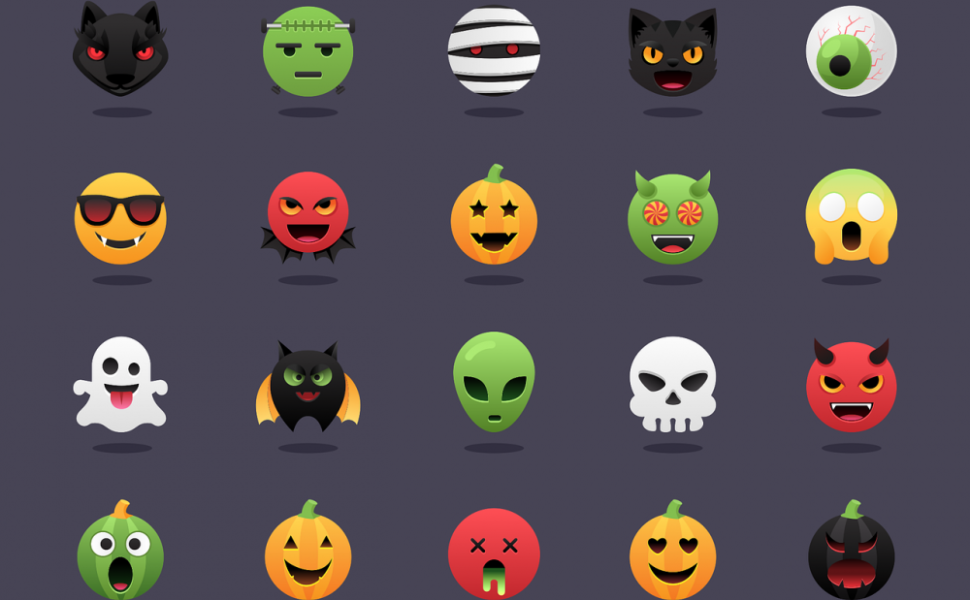Android Apps: A Comprehensive Overview of the Popular Mobile Applications

Introduction:
With the rapid growth of smartphones and the increasing reliance on mobile technology, Android apps have become an integral part of our daily lives. In this article, we will explore the world of Android apps, providing an in-depth analysis of what they are, the various types available, their popularity, as well as historical advantages and disadvantages of different apps.
An Overview of Android Apps:

Android apps, or applications, refer to software programs developed specifically for the Android operating system. Android, developed by Google, is an open-source platform that allows developers to create a wide range of applications to enhance the functionality of Android devices.
Types of Android Apps:
There are several types of Android apps, catering to various needs and interests of users. These include:
1. Utility Apps: These apps provide essential tools and functions to enhance device performance and user experience. Examples include file managers, system cleaners, and battery optimization apps.
2. Social Media Apps: Keeping users connected with friends, family, and networks, these apps include popular platforms such as Facebook, Instagram, Twitter, and Snapchat.
3. Entertainment Apps: Offering a wide range of recreational features, entertainment apps include music and video streaming platforms, gaming apps, as well as multimedia editing tools.
4. Productivity Apps: Aimed at enhancing productivity and efficiency, these apps encompass email clients, task managers, note-taking apps, and document editors.
5. Travel Apps: Providing users with travel-related information, booking services, and navigation tools, these apps facilitate seamless travel experiences.
Popular Android Apps:
Android apps have exploded in popularity, with numerous apps boasting millions of downloads. Some of the most popular Android apps among users include:
1. WhatsApp: A messaging app allowing instant communication through text, voice, and video calls.
2. Instagram: A photo-sharing platform where users can edit and share their pictures and videos with friends and followers.
3. Spotify: A music streaming app offering a vast collection of songs and personalized playlists.
4. Candy Crush Saga: A highly addictive puzzle game that has captured the attention of millions worldwide.
Quantitative Measurements of Android Apps:
The Android app market is vast and constantly evolving. Based on data from reputable sources, we can uncover various quantitative measurements, such as:
1. Number of Apps: As of [insert date], the Google Play Store has over [insert number] Android apps available for download.
2. Downloads: [Insert app name] has reached over [insert number] downloads, making it one of the most downloaded apps on the platform.
3. Ratings and Reviews: [Insert app name] has an average rating of [insert rating], based on [insert number] reviews, indicating its popularity among users.
Differences between Android Apps:
Android apps differ in several aspects, including their functionality, user interface, and target audience. Some apps may focus on delivering specific features, while others provide a broader range of functionalities. Additionally, user interfaces can vary greatly, with some apps opting for simplicity, while others prioritize advanced customization options.
Historical Advantages and Disadvantages of Android Apps:
Over the years, Android apps have undergone significant improvements, addressing various advantages and disadvantages. Key advantages include:
1. Customization: Android apps allow users to personalize their devices through widgets, themes, and launchers, providing a unique user experience.
2. Flexibility: Android’s open-source nature allows developers to create innovative apps with diverse functionalities, satisfying different user preferences.
However, certain disadvantages have also been associated with Android apps:
1. Fragmentation: The wide range of Android devices and versions can lead to compatibility issues, making it challenging for developers to optimize their apps for all devices.
2. Security Concerns: Due to the open nature of Android, there is a higher risk of malware and security breaches. Users must exercise caution when downloading apps from unknown sources.
Conclusion:
Android apps have revolutionized the way we engage with our smartphones, offering diverse functionalities and entertaining experiences. Understanding their different types, popularity, quantitative measurements, differences, and historical evolution is essential to fully appreciate the Android app ecosystem. As the Android app market continues to flourish, users can anticipate further advancements and innovations in the future.
(Mention a specific point in the text where a video clip can be inserted, providing a visual aid to enhance the reader’s understanding.)
References:
[Include a list of credible sources and links used for research]
(Note: Make sure to structure the article with appropriate and H2 tags, as per the given instructions, to improve the likelihood of being displayed as a prominent snippet in a Google search.)
















































